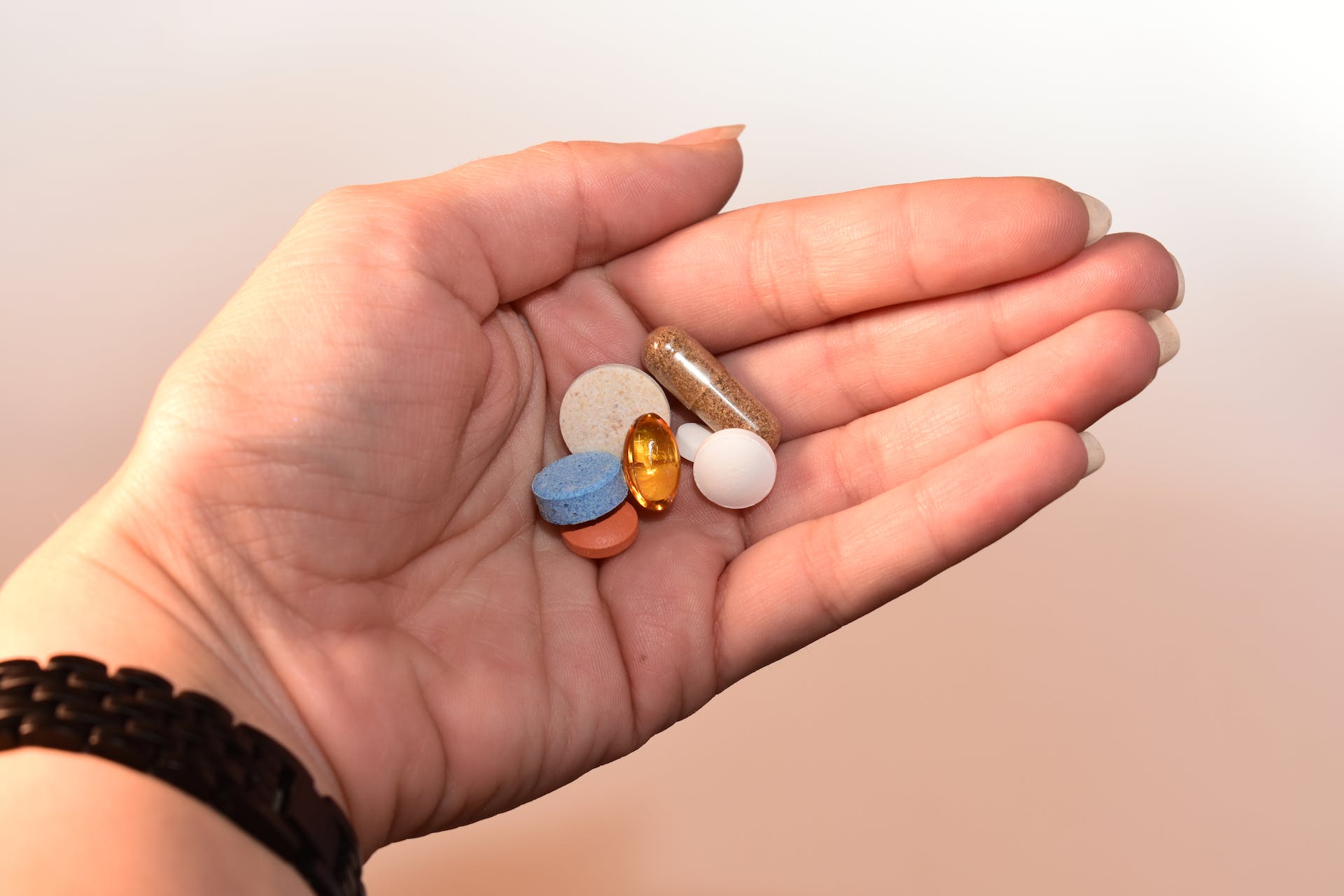In the ever-evolving landscape of medical advancements, researchers are constantly on the lookout for innovative treatments that can address multiple health issues simultaneously. One such drug that has garnered attention for its potential in managing diabetes and potentially improving kidney function is Jardiance. In this article, we delve into the question on many minds: Does Jardiance help kidney function?
Understanding Jardiance and Its Role
What is Jardiance?
Jardiance, with the generic name empagliflozin, belongs to a class of medications known as sodium-glucose cotransporter-2 (SGLT2) inhibitors. Initially developed to manage Type 2 diabetes, these inhibitors work by reducing blood sugar levels through the elimination of excess glucose via urine.
How Does Jardiance Work?
The magic lies in its mechanism of action. Jardiance prevents the reabsorption of glucose in the kidneys, leading to increased urinary excretion of glucose. By doing so, it helps regulate blood sugar levels in individuals with diabetes.
The Connection Between Diabetes and Kidney Function
The Diabetes-Kidney Link
Diabetes and kidney function are intricately connected. Prolonged uncontrolled diabetes can lead to diabetic nephropathy, a condition characterized by kidney damage. Managing diabetes effectively is crucial in preventing and mitigating kidney-related complications.
Jardiance's Impact on Kidney Function
Recent studies and clinical trials have hinted at Jardiance's potential to go beyond blood sugar control. The drug has demonstrated promising results in reducing the risk of kidney damage in individuals with Type 2 diabetes. Its ability to improve cardiovascular outcomes has also sparked interest in the medical community.
Research and Findings
Clinical Trials
Several clinical trials, such as the EMPA-REG OUTCOME trial, have explored Jardiance's impact on cardiovascular outcomes and kidney function. The results have been encouraging, indicating a reduction in the progression of kidney disease in participants.
Real-World Evidence
Beyond controlled clinical settings, real-world evidence has started to accumulate, supporting the idea that Jardiance may indeed contribute to better kidney function outcomes in everyday scenarios. This is promising news for individuals seeking holistic diabetes management.
Considerations and Caveats
Individual Variability
It's essential to recognize that individual responses to medications can vary. While Jardiance shows promise for many, its effectiveness can depend on factors such as overall health, genetic predispositions, and the presence of other medical conditions.
Consultation with Healthcare Professionals
As with any medical decision, it's crucial to consult with healthcare professionals before making changes to your treatment plan. They can provide personalized advice based on your specific health situation and help weigh the potential benefits and risks.
The Future Outlook
Ongoing Research
The exploration of Jardiance's impact on kidney function is an ongoing journey. Researchers continue to investigate its long-term effects and potential applications beyond diabetes management. The evolving landscape of medical science promises continuous advancements that could reshape our approach to diabetes and kidney care.
Conclusion
In the quest for optimal health, the potential dual benefits of Jardiance in managing diabetes and supporting kidney function are generating excitement. While research suggests positive outcomes, it's crucial to approach this information with a discerning eye and engage in open conversations with healthcare professionals. As science progresses, so does our understanding of how medications like Jardiance can play a pivotal role in enhancing overall well-being, offering hope for a healthier future for those with diabetes and concerns about kidney function.

